MARKET OVERVIEW
The global startup ecosystem platform market for the technology and innovation sector will see a shift that goes way beyond traditional definitions and geographic boundaries. What was viewed traditionally as a simple digital support infrastructure for new businesses will increasingly become the foundation for entrepreneurial activity in the future, differentiated by greater integrations and collaborative strategies cutting across sectors. The market will not be characterized anymore by its ability to unite startups with investors or mentors. Rather, it will create new paths by integrating itself into the foundations of operational and developmental structures of early-stage ventures globally.
With growing digital capabilities and the adaptation of economic systems to accommodate innovation-driven growth, this market will progress beyond the provision of standalone services. It will become an ecosystem in itself a smart, adaptive infrastructure that improves decision-making, facilitates cross-border collaborations, and fosters startups at a level beyond mere acceleration. This next generation of startup ecosystems, unlike traditional support platforms, will provide adaptive learning environments, AI-driven business simulation models, and highly personalized development trajectories. Every user founder, investor, or service provider will have a fluid, easy-to-use, and continually adapting platform in line with market changes and user actions.
There will be further global transformations of talent mobility, regulatory environments, and digital infrastructure that continue to reshape how such platforms operate. The global startup ecosystem platform market will be influenced as much by emerging economies' needs as by innovation hotspots in developed countries. This twin impact will diversify platform design and usage so that some are suited for resource-poor areas while others are geared toward markets awash with venture capital. Instead of being passive tools, platforms will actively enable local-global connections, enabling startups to scale up without sacrificing the distinctiveness of their roots.
Furthermore, the global startup ecosystem platform market will also grow into learning and policymaking areas, shaping teaching and nurturing entrepreneurship. Governments and institutions of higher learning will increasingly depend on such platforms to fuel coordinated innovation, enable national startup initiatives, and provide in real time performance metrics guiding both public policy and university curricula. These platforms will be turning points where theory converges with practice, enabling nascent entrepreneurs to try out ideas, get market feedback, and make changes before venturing into actual competition.
The global startup ecosystem platform market will also experience a paradigm shift regarding measurement of value. Metrics of success will move from user acquisition and fundraising data to long-term startup survivability, sustainability performance, and social contributions. With sustainability no longer being negotiable, platforms will lead entrepreneurs in the quest to create startups that meet the standards of global responsibility while maintaining financial sustainability.
Finally, the destiny of the global startup ecosystem platform market will be one of heightened convergence of technology, human aspiration, and borderless cooperation. It will be less of a service and more of a communal digital terrain where innovation flourishes from context-sensitive tools, adaptive analytics, and values-driven support. The next chapter of this market will not only fund startups it will reimagine the way startups are formed, fueled, and amplified on a rapidly changing global canvas.
Global startup ecosystem platform market is estimated to reach $4,549.00 Million by 2032; growing at a CAGR of 21.5% from 2025 to 2032.
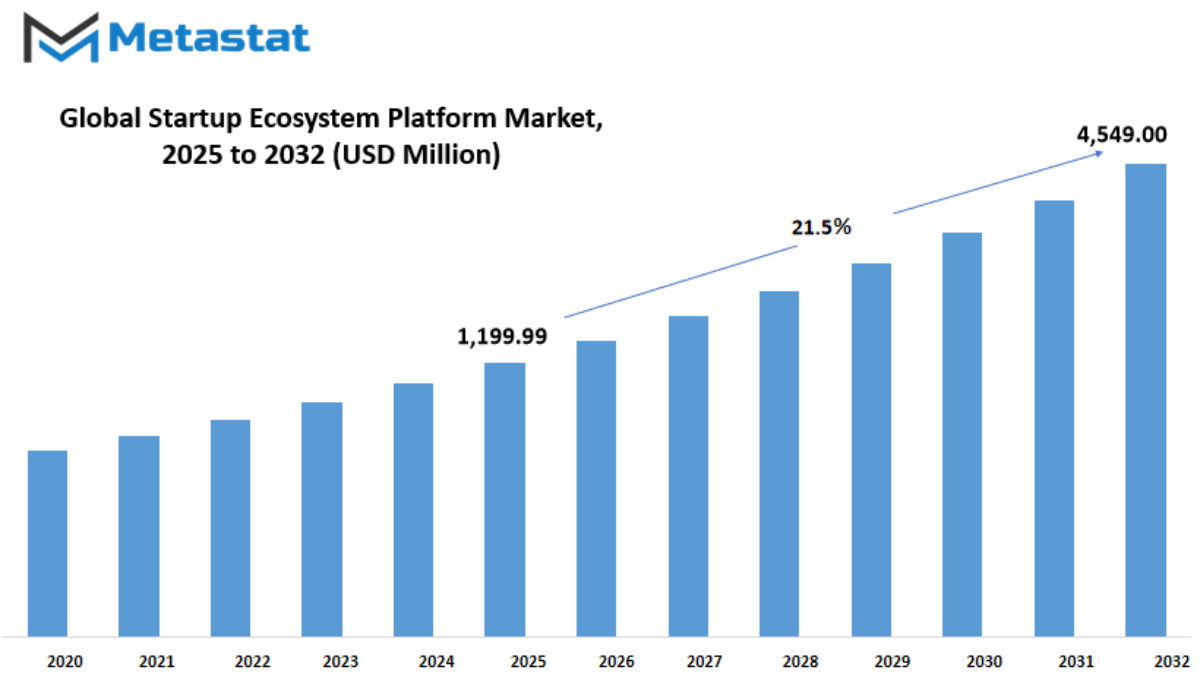
GROWTH FACTORS
The global startup ecosystem platform market is picking up pace as increasing numbers of startups are looking for streamlined methods to network, develop, and raise funds. Startups now come under huge pressure not only to turn innovative concepts into realities but also to identify the right mentors, investors, and partners. This increasing need for platforms that bring together networking, funding, and development tools in one electronic space is driving the global startup ecosystem platform market forward. Entrepreneurs, particularly in their initial stages, appreciate platforms that consolidate visibility, organization, and immediate opportunities into one platform. These systems minimize time consumption, enhance access, and enable businesses to concentrate more on growth than searching for assistance from diffused sources.
Governments international are making full-size contributions toward investment this transition. Numerous countries are enforcing rules that sell entrepreneurship, provide digital infrastructure, and guide incubators or accelerators. These efforts are facilitating the fulfillment of startup atmosphere systems and appearing as critical connectors among startups and their subsequent increase ranges. Ranging from tax relief programs to startup grants and ease-of-doing-business reforms, governmental initiatives are supporting the digital transformation of startup paths. With this backing, platforms are changing to become more effective, more user-centric, and at the forefront of a startup's plan.
But growth does come with its own set of problems. The most significant among these is fragmentation between stakeholders. Startups, investors, service providers, and policy-makers frequently have different agendas, such that it is challenging for one platform to cater to all effectively. This degree of misalignment can lower participation and cap the combined value such platforms seek to provide. Additionally, information privacy and highbrow property concerns are nevertheless regular. Startups hesitate to openly share thoughts and touchy information on collaborative systems for fear of robbery or exploitation. These fears can deter founders from contributing openly, restricting the cooperative capability these ecosystems have to foster.
Notwithstanding such hurdles, there is nonetheless desire for destiny. The emergence of AI-driven tools is paving new avenues to beautify consumer experience and consequences. Intelligent matchmaking among entrepreneurs and buyers, predictive analytics for enterprise selection guide, and automated feedback mechanisms are all making those structures smarter and outcome pushed. All those features will now not most effective enhance believe and participation but also result in faster boom and returns on investment for all stakeholders involved. As these technologies preserve to grow to be more state-of-the-art and less expensive, the importance of digital ecosystems for startups will retain to growth even in addition.
In the future years, those systems that innovate and evolve with the brand-new startup surroundings could be the players who will outline entrepreneurial fulfillment memories. Their capacity to integrate services, provide secure environments, and catch up with the fast pace of new businesses will become their niche in the global market. By tackling current issues and emphasizing smart, secure, and inclusive growth instruments, the global startup ecosystem platform market is set for impactful and sustained influence.
MARKET SEGMENTATION
By Type
The global startup ecosystem platform market is slowly revolutionizing the way startups interact, develop, and expand industries. With entrepreneurs and investors moving more towards digital tools to simplify their operations, these platforms are all the more picking up pace for providing much-needed visibility, assistance, and coordination. The Startup Discovery Platforms segment worth $279.00 million is pivotal in associating early-stage businesses with the appropriate stakeholders. These platforms make it easier to identify potential startups, monitor them, evaluate them, and support them from scratch.
Meanwhile, Ecosystem Intelligence & Benchmarking Platforms are becoming increasingly necessary for the analysis of startup trends and performance in ecosystems. These platforms provide insights that enable governments, investors, and innovation hubs to benchmark growth trends, monitor funding flows, and analyze startup performance by industry. Their worth is not only in data accumulation but also in bringing the data into actionable form for strategy and planning purposes. The demand for more informed choice within competitive environments will keep elevating the relevance of this segment.
Innovation Management Platforms and Incubation & Acceleration Management Platforms are also defining the way new ideas become scalable businesses. These tools facilitate managing internal innovation processes in big organizations and running startup cohorts in accelerators and incubators. As companies seek outside their walls for innovation and embrace open collaboration, they will rely ever more on such platforms to design programs, track progress, and manage resources effectively.
Investor Relationship Management Platforms and Collaboration & Networking Platforms are filling gaps among capital providers, startups, and partners in the ecosystem. These platforms enhance ease of communication, monitor interactions, and optimize relationship-building through the entire startup lifecycle. They facilitate easier investor interest for startups to hold on to, as well as transparency, while allowing investors to easily track portfolio performance. In the same vein, collaboration platforms unite mentors, partners, and founders, fostering knowledge sharing and partnership prospects that drive business expansion.
Lastly, Event & Deal Flow Management Tools and other associated platforms underpin the back-end operational aspect of the ecosystem. From managing pitch events to monitoring funding rounds, these platforms mechanize labor-intensive processes and enhance coordination. With the startup world increasingly connected and speed-paced, these tools will become ever more crucial in the processing of increasing data, networks, and opportunities across the board. The need for intelligent, adaptive platforms will further direct the course of the startup ecosystem space.
By End User
The global startup ecosystem platform marketmaintains to grow as greater organizations apprehend the importance of innovation, collaboration, and streamlined support for rising companies. These systems act as digital bridges, assisting startups connect to the proper human beings and resources. Governments and monetary development agencies play a major position in this area. They use those platforms to enhance entrepreneurship of their regions, entice investment, and aid process introduction. By offering centralized access to tools, mentorship, and investment possibilities, these systems help governments simplify how they help new ventures.
Corporates and innovation groups are also becoming energetic users of startup atmosphere platforms. In a fast-converting enterprise international, set up groups look to startups for new ideas, fresh technology, and brief execution. Through these systems, corporates can find out capability partnerships, put money into promising answers, or launch innovation programs that tap into the strength of the startup community. This approach enables larger businesses live aggressive whilst offering startups the advantage of scale and reach.
Universities and research institutions rely on these structures to convert educational insights into sensible business thoughts. By connecting students, researchers, and school contributors with buyers, mentors, and help applications, these institutions can flip breakthroughs into real-international answers. At the identical time, accelerators and incubators use these systems to manipulate cohorts, tune performance, and connect their startups with wider networks. Instead of handling the entirety manually, they gain a principal hub that makes their help more powerful and green.
Venture capital companies and angel traders advantage by gaining visibility into startup developments and coming across early-stage corporations that healthy their investment dreams. Platforms permit them to filter out based totally on sectors, growth metrics, and founding teams. This reduces guesswork and speeds up decision-making. Industry institutions additionally use those gear to maintain their participants knowledgeable, sell collaboration across sectors, and spotlight innovation that’s shaping the future.
The global startup ecosystem platform market also consists of a extensive category of customers like startup assist businesses, network corporations, and non-earnings. These companies can also have distinctive desires however share a commonplace hobby in helping startups prevail. The flexibility of these platforms makes them beneficial to many varieties of users, imparting custom equipment and insights tailor-made to each one’s wishes. As this fashion maintains, the marketplace for startup atmosphere platforms will probably expand, pushed by using the shared need for smarter connections, higher assets, and faster outcomes across the startup panorama.
|
Forecast Period |
2025-2032 |
|
Market Size in 2025 |
$1,199.99 million |
|
Market Size by 2032 |
$4,549.00 Million |
|
Growth Rate from 2025 to 2032 |
21.5% |
|
Base Year |
2025 |
|
Regions Covered |
North America, Europe, Asia-Pacific Green, South America, Middle East & Africa |
REGIONAL ANALYSIS
The global startup ecosystem platform market keeps gaining traction in various regions around the globe, attesting to the increasing passion for entrepreneurship and innovation. Over the previous few years, startup support structures have advanced from mere digital structures they are now regarded as essential infrastructure for fostering new ventures. From ideation at the earliest stage to fundraising, mentoring, and scaling assistance, these structures provide a shared surroundings for entrepreneurs, investors, mentors, and carrier vendors. Their significance is especially glaring in regions which can be operating to create a startup-pleasant atmosphere to capture expertise and capital.
In North America, the United States is beforehand with an established startup culture underpinned by way of sizeable investment networks, grants from the authorities, and main universities. The existence of large tech ecosystems such as Silicon Valley and New York City drives demand for such structures, making it less complicated for entrepreneurs to apply a whole lot of equipment and networks. Canada is hot on the heels with cities including Toronto and Vancouver rising as hotspots for era-primarily based startups. Mexico, while still gambling seize-up, is displaying encouraging increase, with governments on the local degree championing entrepreneurship through policy trade and virtual get right of entry to.
Europe has taken its personal path with nations consisting of the United Kingdom, Germany, France, and Italy main the pressure to increase homegrown ecosystems with sturdy regulatory environments and get entry to to investment. The UK, Brexit notwithstanding, remains to draw startups on account of its rich investor pool and thriving technology ecosystem. Germany is characterized by engineering and manufacturing startups, even as France and Italy are witnessing developing interest in creative technology and environmental innovation.
Asia-Pacific is many of the quickest-developing places inside the area. India and China alone have a widespread quantity of generation startups, supported by using private and authorities initiatives alike. Digital inclusion projects and a younger, tech-literate population fuel India's startup emergence. China has evolved a sturdy atmosphere pushed with the aid of cities including Beijing and Shenzhen, supported by means of robust government backing and global mission capital inflows. Japan and South Korea introduce high-tech innovation, with sturdy research and development roots. Startup ecosystem structures during Asia-Pacific are more and more localised with customised offerings to align with local goals and enterprise cultures.
South America and the Middle East & Africa are in the meantime starting to make inroads, gradually making room for new thoughts and commercial enterprise models. Brazil and Argentina are now startup hotspots in Latin America, supported by local resources and a burgeoning digital financial system. The UAE, Egypt, and South Africa are in the Middle East & Africa taking sizeable steps in the direction of encouraging entrepreneurship. These nations nonetheless have regulatory loopholes and a lack of funding to deal with, however platforms are bridging those gaps by way of offering assets formerly unavailable or in short supply. As those regions keep growing their infrastructure and guidelines, their presence inside the worldwide startup area becomes stronger.
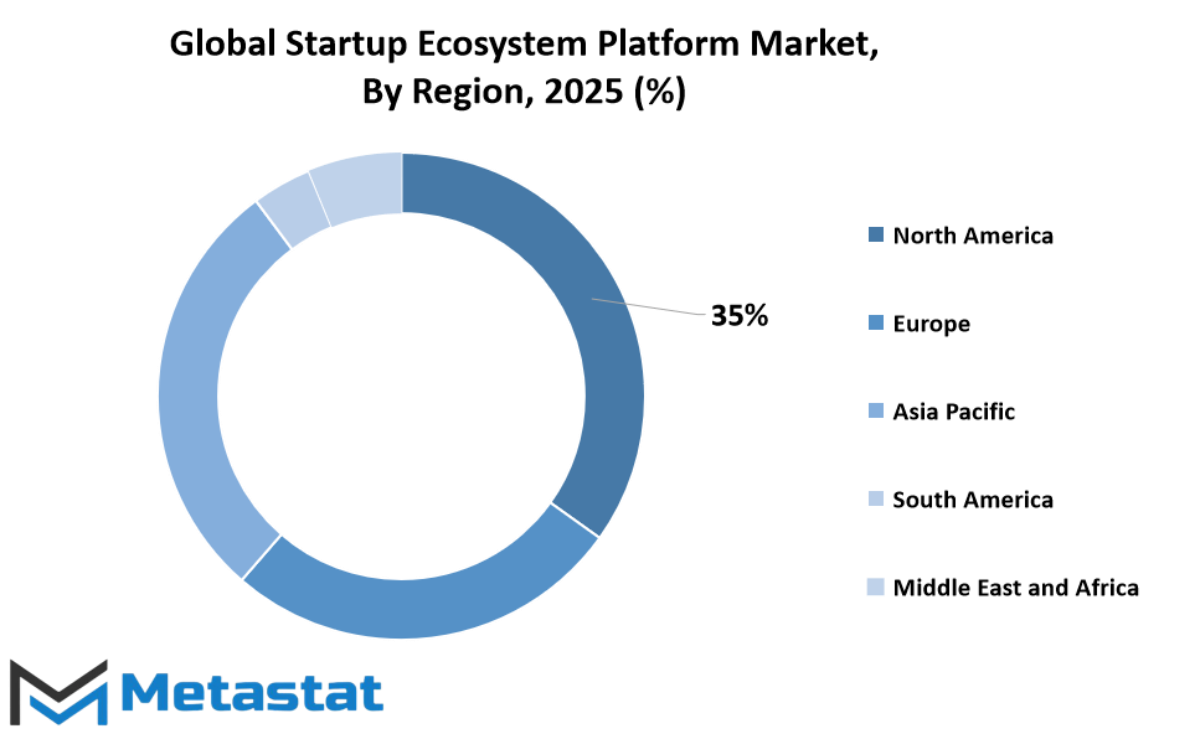
COMPETITIVE PLAYERS
The global startup ecosystem platform market is developing progressively as greater entrepreneurs, buyers, and governments look for ways to connect, collaborate, and construct robust startup communities. These systems help create a space where startups may be determined, supported, and funded, all at the same time as presenting valuable records and resources. As innovation maintains to shape worldwide economies, the demand for structures that simplify get entry to to networks, mentoring, and investment will only grow more potent.
Startups frequently face challenges in relation to locating visibility, help, or maybe the proper team. Platforms like Dealroom.Co and AngelList provide answers that not best help startups benefit exposure however additionally provide traders better perception into traits and possibilities. Others including StartupBlink and Startup Genome offer facts-driven reports and mapping equipment to assist cities, nations, and organizations investigate the electricity and wishes of their startup scenes. These gear guide decision-making at every degree, whether it is a founder seeking to make bigger or a policymaker looking to nurture nearby innovation.
At the same time, a few structures awareness extra on fostering network and mentorship. Startupbootcamp and Sparklabs Group offer accelerator programs to help early-stage startups grow, while InnMind and Younoodle create networks that permit founders to pitch ideas, get remarks, and gain traction. Platforms like Crowdcube and Vestbee are also gaining reputation with the aid of imparting fairness crowdfunding and investor matchmaking offerings, allowing startups to get right of entry to opportunity funding options out of doors of conventional project capital channels.
India has also end up a amazing part of the communication with government-subsidized efforts like Startup India, which helps homegrown businesses thru funding, mentoring, and publicity. Meanwhile, systems together with Upperise and StartupBase are helping smaller and niche markets discover their voice by using giving early-stage organizations the tools and guidance they need to compete globally.
As digital transformation maintains throughout industries, startup atmosphere platforms will become even extra valuable in shaping how ideas develop into successful companies. With a extensive variety of players together with Dealroom.Co, AngelList, Startup Genome, Startupbootcamp, and others, the global startup ecosystem platform market gives plenty of desire and versatility for both new and skilled marketers. These platforms will hold to play a important position in constructing smarter, more related startup landscapes the world over.
Startup Ecosystem Platform Market Key Segments:
By Type
- Startup Discovery Platforms
- Ecosystem Intelligence & Benchmarking Platforms
- Innovation Management Platforms
- Incubation & Acceleration Management Platforms
- Investor Relationship Management Platforms
- Collaboration & Networking Platforms
- Event & Deal Flow Management Tools
- Others
By End User
- Governments & Economic Development Agencies
- Corporates & Innovation Teams
- Universities & Research Institutions
- Accelerators & Incubators
- Venture Capital & Angel Investors
- Industry Associations
- Others (Startup Support Organizations, etc.)
Key Global Startup Ecosystem Platform Industry Players
- Dealroom.co
- StartupBlink
- Upperise
- Startup Genome
- AngelList
- Startup India
- InnMind
- Younoodl
- Crowdcube
- StartupBase
- Sparklabs Group
- Vestbee
- Startupbootcamp
WHAT REPORT PROVIDES
- Full in-depth analysis of the parent Industry
- Important changes in market and its dynamics
- Segmentation details of the market
- Former, on-going, and projected market analysis in terms of volume and value
- Assessment of niche industry developments
- Market share analysis
- Key strategies of major players
- Emerging segments and regional growth potential



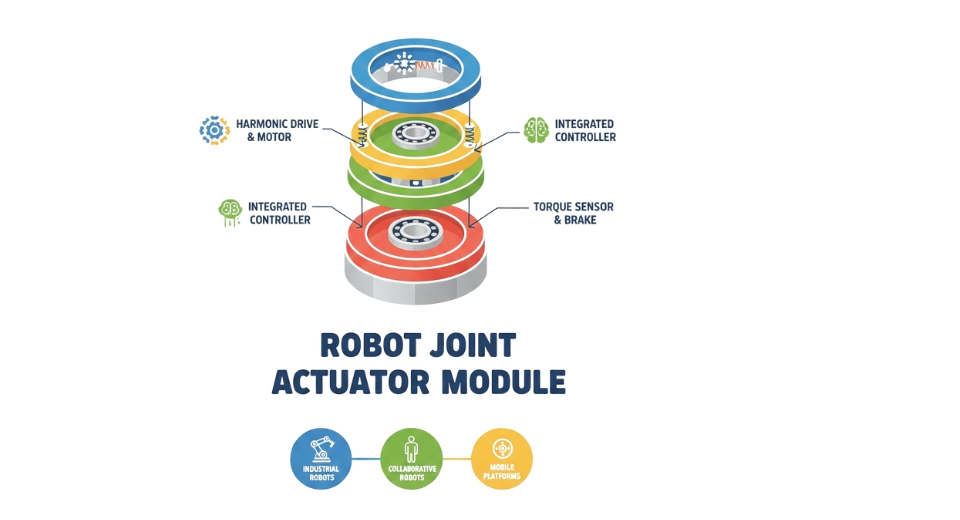
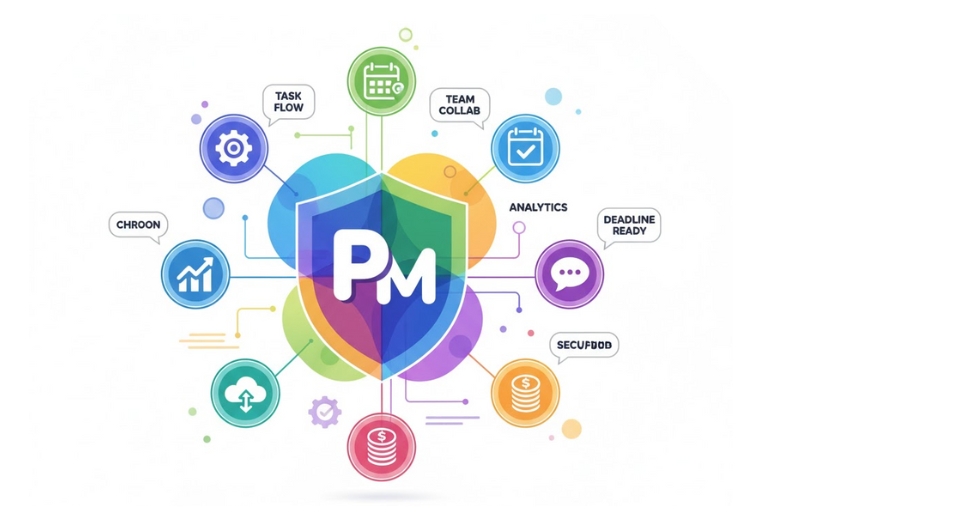
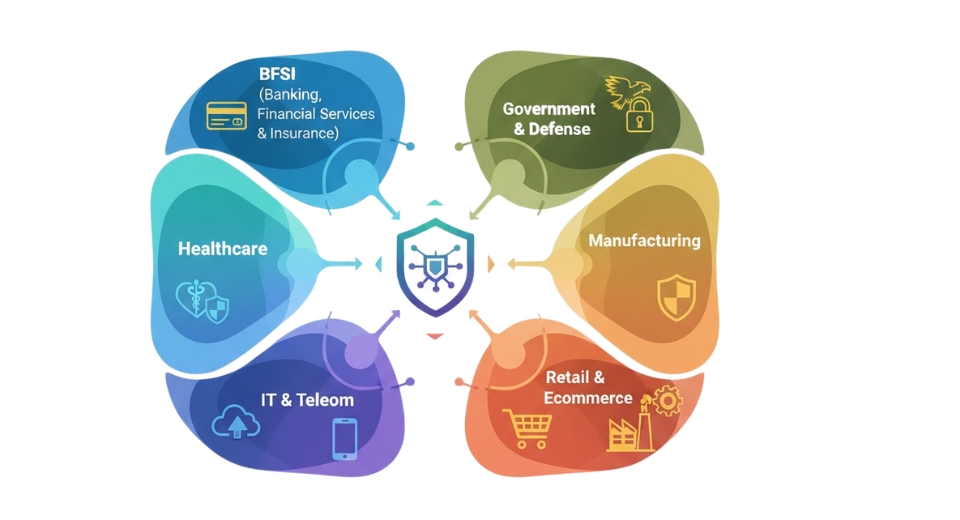
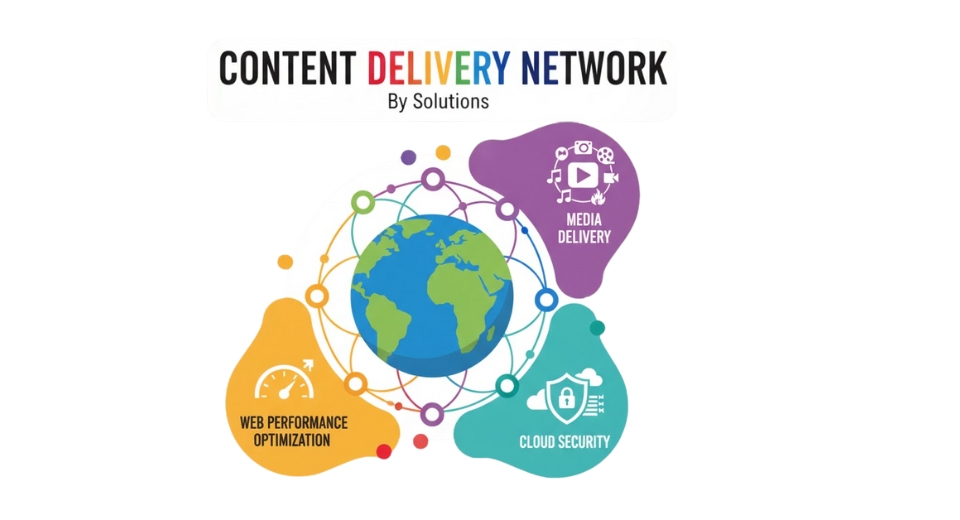

 US: +1 3023308252
US: +1 3023308252






